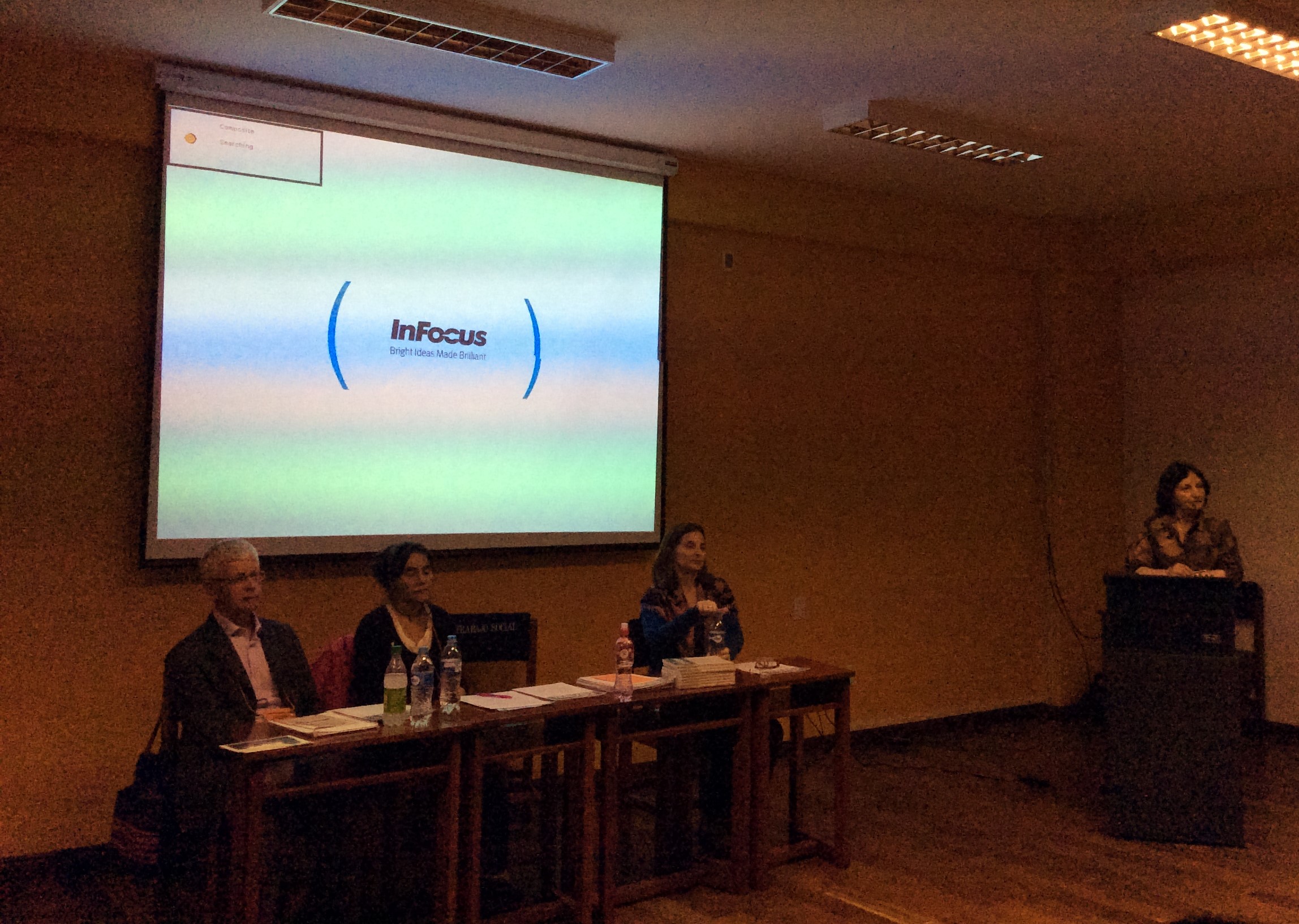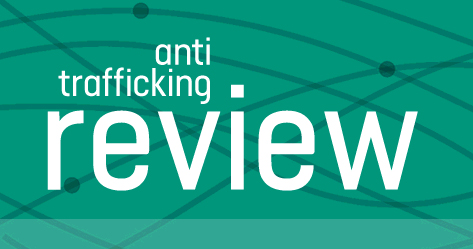Migration bans do not protect the rights of women, only push them into taking more risky options
Statement by the Global Alliance Against Traffic in Women on the occasion of International Women’s Day
Stringent border control has often been used as a measure to stop human trafficking and members of the Global Alliance Against Traffic in Women (GAATW) have raised their voices against such misguided, ineffective and discriminatory measures.
Today, on International Women’s Day, GAATW is calling for an end to restrictions placed on migration of women domestic workers in some parts of the world! These bans have been justified as a way to prevent trafficking, exploitation and abuse. Not surprisingly, such policies have made women vulnerable to abuse rather than making their migration safe. Instead, states need to empower women to exercise their rights by focusing on non-discrimination, access to education and training, protection of their citizens abroad and creation of more safe and legal migration opportunities.


 Anti-Trafficking Review (ATR)
Anti-Trafficking Review (ATR) 